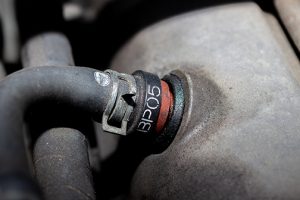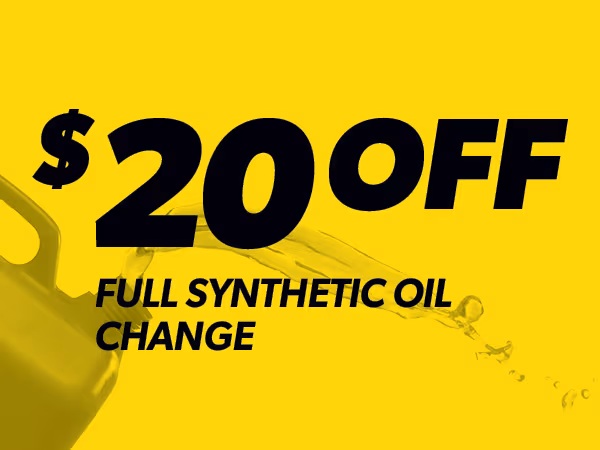Valve Train: What It Is and Why It Matters at Meineke in Virginia Beach
When your engine runs smoothly and responds quickly, your valve train is doing its job well. Because this system controls the airflow in and out of the engine, it plays a vital role in performance and efficiency. Whether you’re cruising down the coast in Virginia Beach or stuck in city traffic, a healthy valve train keeps your engine reliable.
At Meineke on Indian River Road in Virginia Beach, we inspect and service valve train components to ensure long-term engine health. So, in this blog, we’ll explain what the valve train is, what it does, how it works, how to maintain it, and when to visit a mechanic.
What the Valve Train Is
To begin, the valve train is a system of components that control the opening and closing of the engine’s intake and exhaust valves. Since these parts manage the fuel-air mix and exhaust flow, they are essential to combustion. Although many drivers never see them, they work constantly whenever the engine is on.
Because they move in perfect timing with the crankshaft and pistons, they must stay precise and well-lubricated.
What the Valve Train Does
The valve train allows air and fuel into the engine and lets exhaust gases out. While intake valves bring in the fuel-air mix, exhaust valves release burned gases after combustion. So, the valve train controls every step of the engine’s breathing cycle.
Since proper airflow is necessary for performance and emissions control, the valve train’s job is critical.
How the Valve Train Works
First, the camshaft rotates and pushes on the lifters or pushrods. Then, those parts activate the rocker arms, which open and close the valves. As a result, each valve opens at just the right moment and closes tightly to seal the combustion chamber.
Because timing is everything, even a slight issue with one part of the valve train can affect the entire engine.
How to Maintain the Valve Train
Even though valve train components are built to last, regular maintenance protects them from wear and failure. So, follow these tips to keep yours in great shape:
-
Change your engine oil regularly, since clean oil keeps the valve train lubricated
-
Use the manufacturer’s recommended oil, because the wrong viscosity can reduce protection
-
Avoid engine overheating, which can warp valve components
-
Schedule routine engine inspections at Meineke in Virginia Beach for early detection
-
Address ticking noises or rough idling immediately, as these are early signs of trouble
Because the valve train is complex, proactive care helps you avoid costly repairs and downtime.
When to See a Mechanic at Meineke in Virginia Beach
Sometimes, valve train problems show up subtly. So, visit Meineke in Virginia Beach if you:
-
Hear clicking or tapping sounds from the engine
-
Notice a sudden drop in power or acceleration
-
Experience poor fuel economy, especially without other clear causes
-
See engine misfires or hesitation, during normal driving
-
Haven’t had an engine inspection in a long time, especially on high-mileage vehicles
Since even a single damaged valve train part can lead to engine failure, prompt service is always the smart choice.

So, Call Meineke in Virginia Beach Today for Expert Valve Train Service
Because your engine depends on precise airflow and timing, a healthy valve train is essential. At Meineke on Indian River Road in Virginia Beach, our ASE-certified technicians inspect, adjust, and repair valve train components to keep your vehicle running its best. Whether you’re hearing strange sounds or just due for a tune-up, we’re here to help.
So, call Meineke today and breathe new life into your engine—because reliable power starts with a strong valve train.
If the Meineke on Indian River Road in Virginia Beach is not convenient, also check out these other locally-owned Meineke locations in Virginia:
- Meineke Virginia Beach #197
6399 Indian River Road
Virginia Beach, VA 23464-3500
Call (844) 768-6004 - Meineke Virginia Beach #312
1837 Laskin Road
Virginia Beach, VA 23454-4504
Call (833) 696-8494 - Meineke Virginia Beach #2739
1321 Diamond Springs Road
Virginia Beach, VA 23455
Call (757) 687-0566 - Meineke Virginia Beach #2883
3700 Holland Road
Virginia Beach, VA 23452
Call (757) 932-2952 - Meineke Charlottesville #342
1906 Emmet Street
Charlottesville, VA 22901-2815
Call (855) 747-2083 - Meineke Hampton #584
79 West Mercury Boulevard
Hampton, VA 23669-2508
Call (757) 690-7689 - Meineke Yorktown #851
4609 George Washington Memorial Highway
Yorktown, VA 23692-2766
Call (757) 847-9155 - Meineke Williamsburg #938
399 Second Street
Williamsburg, VA 23185
Call (757) 585-4492 - Meineke Denbigh #1088
415 Oriana Road
Newport News, VA 23608
Call (757) 814-2724 - Meineke Richmond #2514
5271 S Laburnum Avenue
Richmond, VA 23231
Call (804) 222-2862
